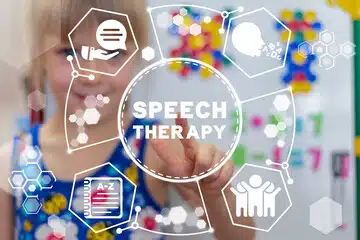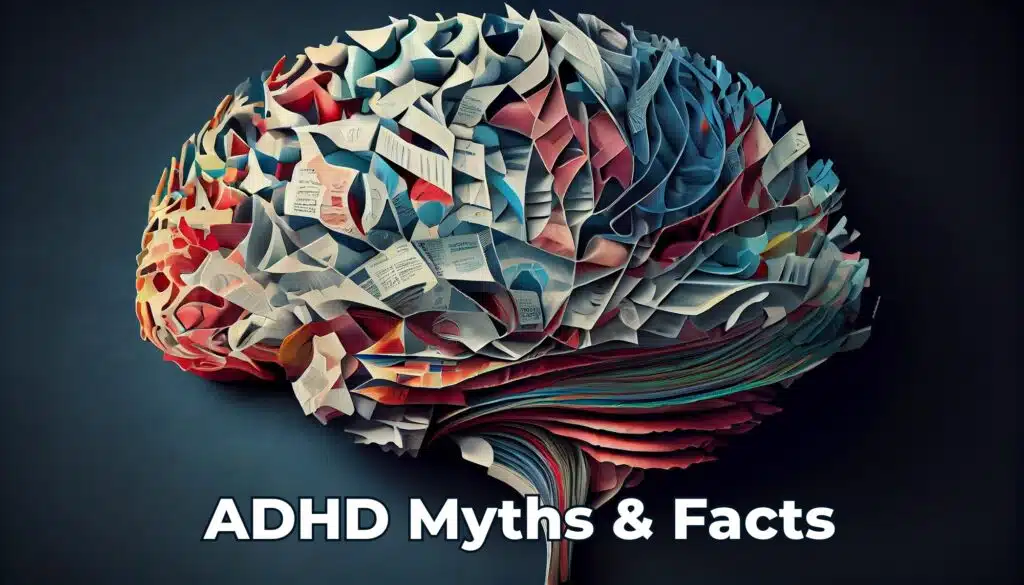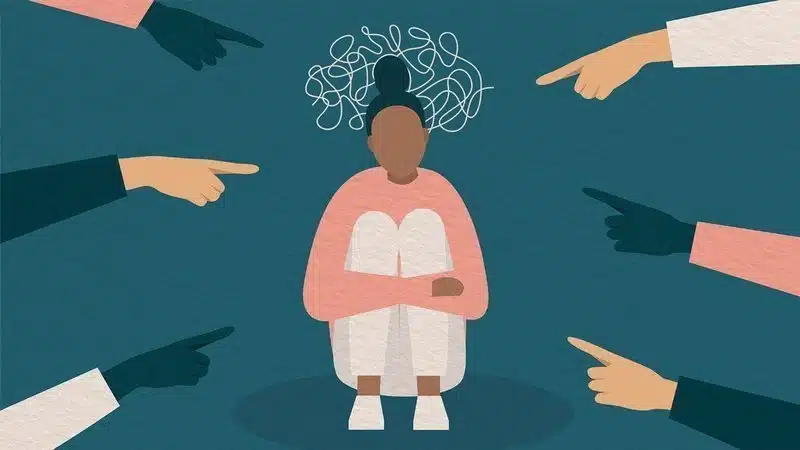Depression, a debilitating mental health disorder, has been the subject of countless research studies and discussions. It affects millions of people worldwide and yet, numerous myths and misconceptions continue to surround it, particularly the concept of its genetic link. Today, we shed light on the realities of the genetics of depression.
The question, “Is depression genetic?” is a simple query that holds a complex answer. According to scientific studies, there is indeed a genetic component to depression. However, it’s important to note that genetics alone does not seal one’s fate. Depression is a multi-faceted condition involving both genetic and environmental factors.
Myth 1: If depression runs in my family, I will definitely have it.
While it’s true that a family history of depression increases one’s risk, it does not guarantee that an individual will develop the disorder. According to Mayo Clinic, people with biological relatives who also have this illness are more likely to experience depression. Researchers are looking for genes that might contribute to depression. Depression, much like other mental health conditions, results from a complex interplay of genetic predisposition, personal circumstances, and environmental factors. Therefore, if a family member has been diagnosed with depression, it doesn’t inevitably mean that you will suffer from the same condition.
Myth 2: There is a single ‘depression gene’.
Unlike certain physical characteristics such as eye colour, which are determined by a single gene, depression is much more complex. It’s believed to involve several genes, each contributing a small amount to an individual’s overall risk. Furthermore, different genes may be implicated in different individuals, further complicating the genetic basis of depression.
A comprehensive article from Help Guide mentions that it is conceivable that some people are genetically predisposed to the issue because it can run in families. However, there isn’t a single “depression” gene. And it’s not a given that you will develop depression just because a close relative does. Genetics are important, but so are your lifestyle decisions, interpersonal relationships, and coping mechanisms.
Myth 3: If I have the genes for depression, there’s nothing I can do about it.
Genetic factors, although influential, are not the sole determinants of depression. Lifestyle factors such as diet, exercise, stress management, and maintaining a healthy social network are equally important. Even if someone has a genetic predisposition, taking proactive steps towards mental wellness can significantly lower their risk.
At EDUCARE, a leading mental health provider in the Hunter region, we believe in a comprehensive approach to managing depression. Our services include psychiatry, psychology, therapy, and other health & education services, aiming to provide the most effective care to our clients.
Myth 4: Since depression is genetic, only medication can treat it.
While medication can be an effective part of treatment, it is not the only solution. Cognitive Behavioural Therapy (CBT), a form of talk therapy, has been shown to be highly effective in treating depression. Additionally, other interventions such as mindfulness and regular physical activity can also play an important role in managing symptoms.
At EDUCARE, our multi-disciplinary team of specialists, including child & adolescent psychiatrists, adult psychiatrists, and experienced psychologists, are here to provide a personalised approach to each individual’s needs.
Myth 5: Genetic testing can determine if I will develop depression.
While genetic testing has indeed made strides in identifying risk factors for certain diseases, it’s not as clear-cut with mental health disorders such as depression. Genetic tests can provide some information about one’s susceptibility to depression, but they can’t predict who will actually develop the condition due to the influence of numerous other variables.
Unravelling the mystery of depression is a complex task that involves sifting through a mixture of facts, myths, and misconceptions. Understanding the genetic aspect of depression is crucial, but it is equally important to understand that it is only one piece of the puzzle.
At EDUCARE, we aim to provide the right support and guidance to help our clients navigate the complexities of mental health conditions like depression. If you or a loved one is facing mental health challenges, remember that there is help available. You can contact EDUCARE to schedule an appointment with a specialist from our team. Together, we can work towards better mental wellbeing.
Remember, each journey towards better mental health is unique, and while genetics may play a part, they don’t write our destiny. Take the first step today towards better understanding and managing depression. You’re not alone, and help is just a call away.

FAQs
Is depression genetic?
Yes, depression has a genetic component. However, it’s a complex interplay of genetics and environment that contributes to its development.
If depression runs in my family, will I definitely have it?
No, a family history of depression increases one’s risk but it does not guarantee that an individual will develop the disorder.
Is there a single ‘depression gene’?
No, depression is believed to involve several genes, each contributing a small amount to an individual’s overall risk.
Can I do anything about my genetic risk for depression?
Yes, even with a genetic predisposition, proactive lifestyle changes and mental wellness steps can significantly lower your risk.
Is medication the only treatment for genetic depression?
No, while medication can be effective, other therapies such as Cognitive Behavioural Therapy, mindfulness, and physical activity also play a crucial role.
Can genetic testing predict if I will develop depression?
Genetic tests can provide some information about susceptibility to depression, but they can’t predict who will actually develop the condition due to other variables.
Can depression be treated without medication?
Yes, treatments like Cognitive Behavioural Therapy, regular physical activity, and mindfulness techniques can be effective in managing depression.
Can I seek help if I believe I have a genetic predisposition to depression?
Absolutely, seeking help from mental health professionals is crucial in understanding and managing any potential risk for depression.
Concerned about a genetic predisposition to depression? Contact an EDUCARE specialist for a consultation today.



